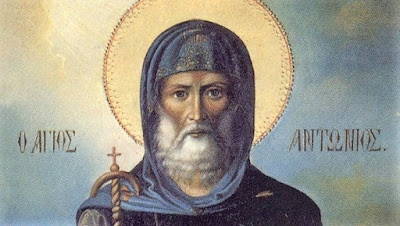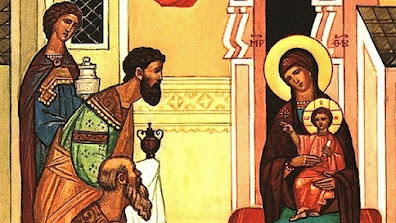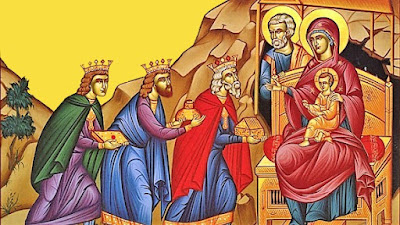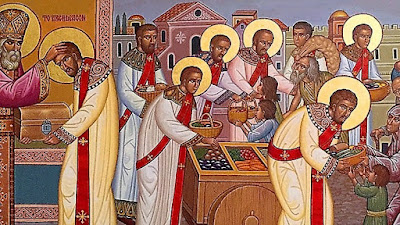Homily for the Sixth Sunday in Ordinary Time, February 16, 2020, Year A
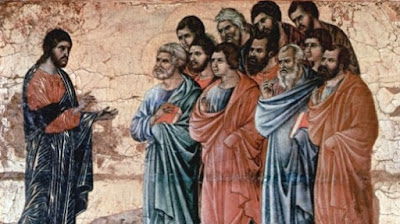
Fr. René J. Butler, M.S. La Salette Missionaries of North America Hartford, Connecticut ( Click here for today’s readings ) When Jesus told his disciples to observe the Law in even the smallest detail, the scribes and Pharisees must have been pleased. That’s exactly what they had been saying for generations, and they lived by that principle themselves. But then Jesus adds: “Unless your righteousness surpasses that of the scribes and Pharisees, you will not enter the kingdom of heaven.” In other words, the Law is good, but it is a minimum. He gives four examples, and in the coming weeks we will see more, contrasting the Law’s requirements with Jesus’ expectations. Good enough isn’t good enough! Much later, in Chapter 23 of Matthew’s Gospel Jesus makes the same point: "The scribes and the Pharisees have taken their seat on the chair of Moses. Therefore, do and observe all things whatsoever they tell you, but do not follow their example. For they preach but they do
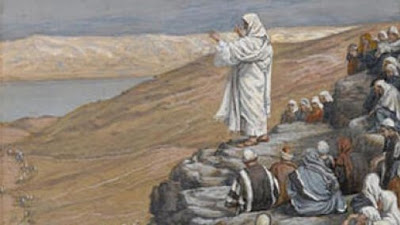
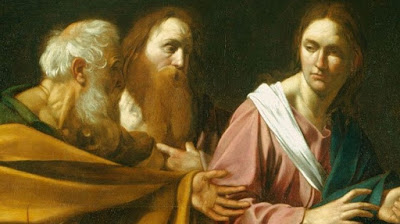

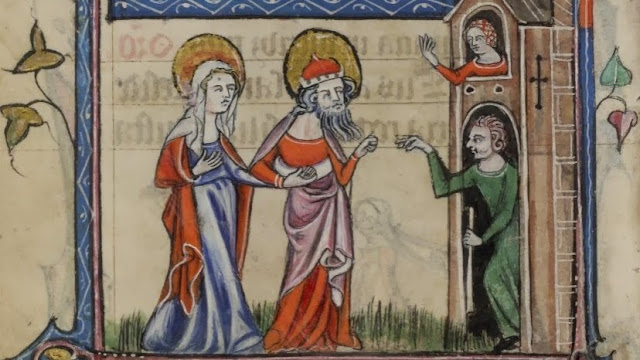

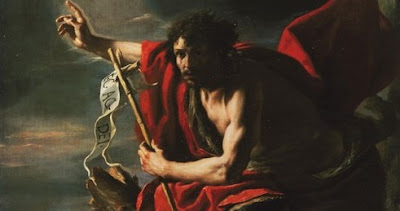
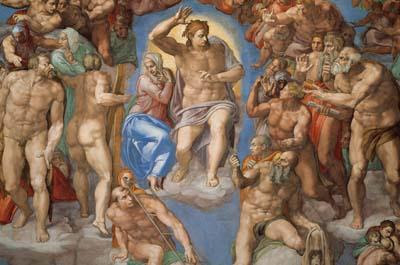
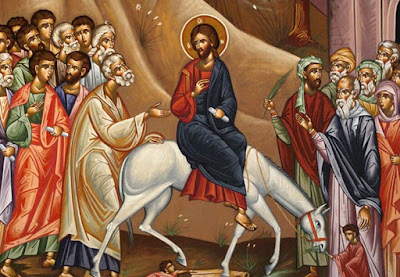
.jpg)
